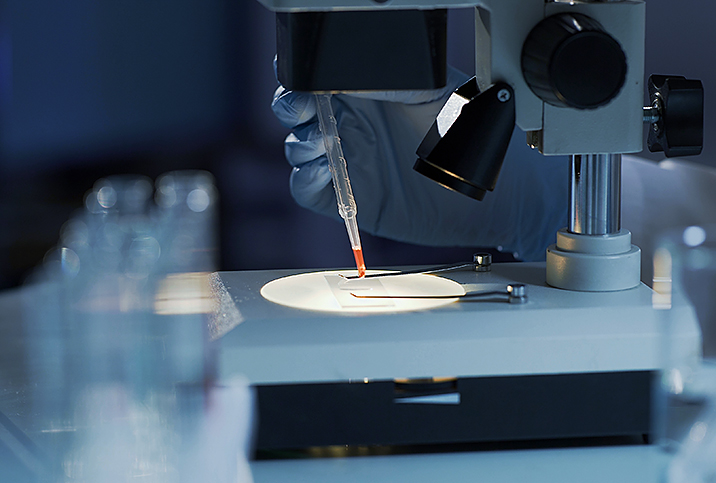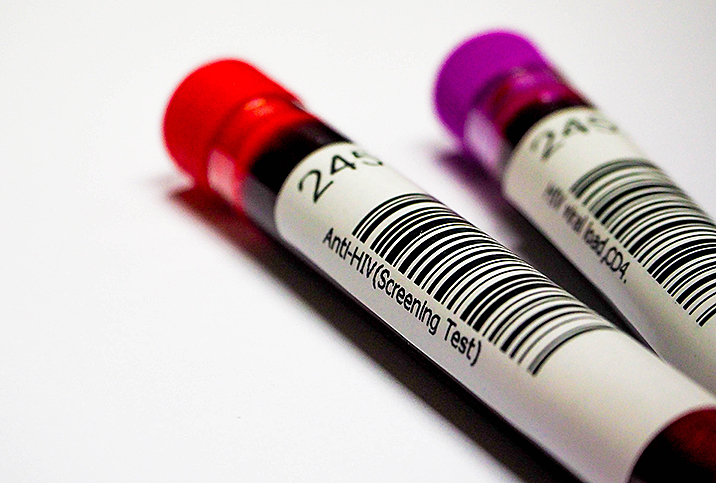Moderna, IAVI Launch Clinical Trials for mRNA HIV Vaccine

On January 27, the biotechnology company Moderna, along with nonprofit research organization the International AIDS Vaccine Initiative (IAVI), announced initial doses of the experimental HIV vaccine antigens had been administered in a partnered clinical trial at George Washington University School of Medicine and Health Sciences in Washington, D.C.
Phase I of the trial, titled IAVI G002, is testing the hypothesis that "sequential administration of priming and boosting HIV immunogens delivered by messenger RNA (mRNA) can induce specific classes of B-cell responses and guide their early maturation toward broadly neutralizing antibody (bnAb) development," according to a press release. In other words, the vaccine is designed to turn white blood cells into antibodies to neutralize HIV.
Other Phase I trials are set to be administered at the Hope Clinic of Emory Vaccine Center in Atlanta, Georgia; the Fred Hutchinson Cancer Research in Seattle, Washington; and the University of Texas Health Science Center at San Antonio.
"We are tremendously excited to be advancing this new direction in HIV vaccine design with Moderna's mRNA platform," said Mark Feinberg, M.D., Ph.D., president and CEO of IAVI, in a press release. "The search for an HIV vaccine has been long and challenging, and having new tools in terms of immunogens and platforms could be the key to making rapid progress toward an urgently needed, effective HIV vaccine."
The trial is slated to follow 56 HIV-negative adult participants in order to study both the safety and efficacy of the vaccine. As planned, 48 of the volunteers will receive at least one dose of the primary vaccine, 32 of whom will also receive an additional booster dose. The other eight will receive only the booster shot.
This study is based on a "proof-of-concept" trial from last year (IAVI G001), which was developed by IAVI researchers and Scripps Research, led by William Schief, Ph.D. In IAVI G001, researchers found HIV antigens produced the desired B-cell response in 97 percent of recipients. According to the press release, the speed at which mRNA vaccines can be produced offers a more "nimble and responsive approach to vaccine design and testing."
"We've seen promising proof of concept for germline targeting in IAVI G001, and this trial lets us take that approach to the next stage," Schief said in the press release. "We've been able to expedite production of clinical trial material at a remarkably rapid pace because of Moderna's technology."
Participants are set to be monitored for six months after vaccination, at which time their immune responses will be examined to evaluate whether the targeted responses were reached.
For more information on the study, click here.


















